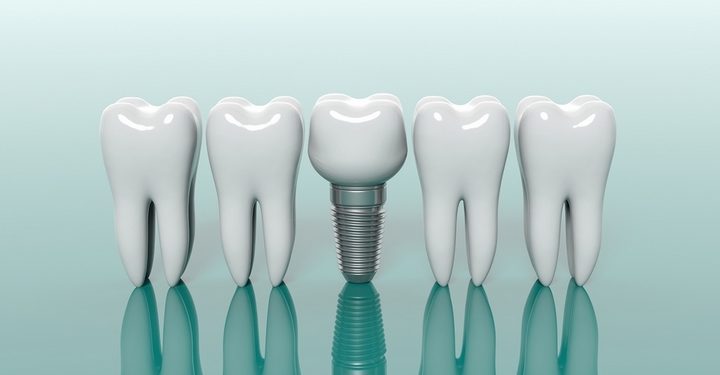3 Dental Care Tips for Your Dental Implants

If you have missing or damaged teeth, dental implants make an excellent choice. This can help you to look, feel and chew naturally, without compensating in any way. However, some people think that just because you can’t get cavities, they don’t have to be as diligent. This is obviously a mistake. Whether you have one, several or even a mouthful of dental implants, you still need to take care of it and you still have to give importance to your oral health. Let’s take a closer look at caring for your dental implants with proper dental hygiene.
1. Brushing

Regardless of whether there is one implant or they are all implants, you still need to brush your teeth (and implants). If you don’t do it the proper way, you may be susceptible to bacteria just like anyone else. Bacteria can collect near the gum and cause problems such as bleeding. Inflammation can affect the hard and soft gum tissues around implants. Bacteria can build at the base of the implant and damage tissue. If caught early, it can be taken care of, however, if it isn’t, then it could cause bone beneath the implant to deteriorate. If this happens, there is no treatment and may actually result in you losing the implant. Brush your teeth for a couple of minutes and not too hard. A soft-bristled brush is good and use a low-abrasive toothpaste with tartar control. This way, you won’t damage the implant.
2. Flossing

Just remember to treat your dental implants like they are your own teeth. Don’t feel like you can step down a gear as this is a recipe for disaster. Just like with normal, natural teeth, you still have to floss. Use good dental floss to clean around the implant. When it comes to flossing implants, the best thing is to speak to your dentist as there may be special or specific techniques involved. Just make sure to floss regularly. Your dentist may also recommend a Waterpik water flosser as a substitute to regular flossing. You can also mention this to him or her and discuss this further, however, flossing is always the best option. You could combine the two for great results.
3. Regular Appointments

Make sure to have regular dental appointments so as to check the implants and gums for any signs of a problem. If you have good oral care, then you should not have a problem. In the event there is, at least you can catch it early. Regular dental check-ups will allow the dentist to see how the implants are developing and this also gives you a chance to learn a few things so that it can help you to avoid any other problems. Even if you don’t see the dentist, you can have regular cleaning with the dental hygienist. It may be more important to have regular cleaning every three or four months after you’ve had implants. After the first year, you can go back to a normal cleaning regimen.
Using a good mouthwash to rinse and gargle can also help to keep your breath fresh and kill germs and bacteria. Make sure you use an antimicrobial mouthwash. Always treat your teeth and gums with the care you have always shown and don’t decrease it because you feel an implant can’t be affected. This way, by not letting up, you should not have a problem.


